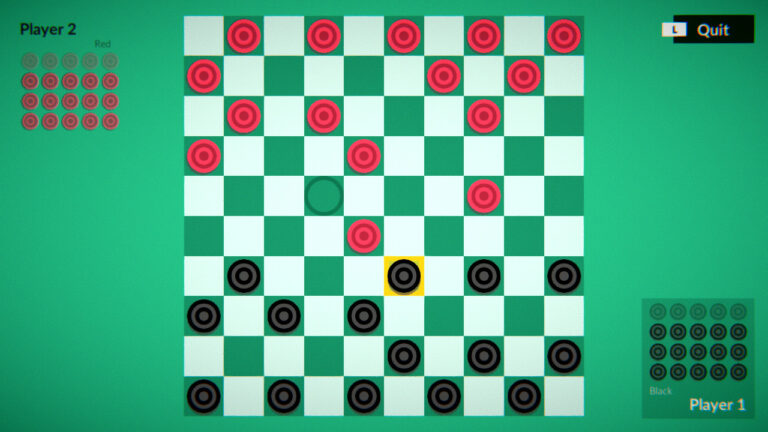Dating during the teenage years can be exciting, but it also comes with unique challenges and considerations. One significant aspect is the impact of age gaps in relationships. This blog post aims to explore the dos and don’ts of teen dating, along with expert advice to ensure a safe and positive experience.
We’ll delve into understanding age gaps, building healthy relationships, recognizing red flags, and more. By the end, you’ll have a comprehensive guide to navigating the complex world of teen dating.
Understanding Age Gaps
In teen dating, age gaps refer to the difference in years between partners. These gaps are more significant during the teenage years because of the rapid developmental changes. A few years’ difference can mean a gap in maturity, life experiences, and perspectives.
While age gaps can bring diverse viewpoints and experiences to a relationship, they can also introduce challenges such as differing life stages or peer judgment. Understanding and acknowledging these dynamics is crucial for maintaining a balanced relationship.
Dos of Teen Dating

- Communication and Honesty: Open and honest communication is the cornerstone of any healthy relationship. Teens should feel comfortable sharing their thoughts and feelings with their partners.
- Mutual Respect: Respecting each other’s opinions, values, and individuality is essential.
- Setting Boundaries: Teens need to establish and respect personal and emotional boundaries.
- Consent and Understanding: Understanding and respecting consent is non-negotiable in any relationship.
- Real-life scenarios, such as a partner respecting your decision not to text during family time, exemplify these principles.
For more intricacies regarding teen dating, you can click here and read more about it.
Don’ts of Teen Dating
- Avoiding Pressure and Coercion: Teens should never feel pressured into anything they’re uncomfortable with, be it physical intimacy or personal choices.
- Steering Clear of Unhealthy Jealousy: Jealousy can be harmful if it leads to controlling behaviors.
- Not Rushing into Physical Intimacy: Understanding the importance of emotional connection and maturity before exploring physical intimacy is crucial.
- Avoiding Toxic Relationships: Recognizing and stepping away from relationships that are harmful or disrespectful is important.
- Real-life examples include not succumbing to peer pressure to be in a relationship.
Expert Advice on Teen Dating

Seeking expert advice can significantly benefit teen dating experiences. Parents, guardians, or counselors can provide guidance, support, and a different perspective. These trusted adults can help teens navigate the complexities of relationships, from understanding consent to handling breakups.
They can also offer a safe space to discuss concerns and challenges. Furthermore, experts can provide resources and tools for healthy communication and conflict resolution. Their experience and knowledge are invaluable in helping teens learn how to build and maintain positive, respectful relationships.
Building Healthy Relationships
A healthy teen relationship is built on open communication, trust, support, and mutual growth. Partners should encourage each other’s individuality and personal growth. It’s important to have honest conversations about feelings, expectations, and boundaries.
Supporting each other through successes and challenges strengthens the bond and fosters a supportive environment. Moreover, recognizing and celebrating each other’s achievements and being there during tough times fosters deep emotional connection and resilience in the relationship.
Age-Appropriate Dating Activities

For teens, dating should be fun and safe. Age-appropriate date ideas include going to the movies, visiting a local café, attending school events together, or participating in a group activity or sport. These activities allow teens to get to know each other in comfortable, low-pressure settings while enjoying shared interests.
Additionally, engaging in creative activities like art classes or volunteering together can foster teamwork and a deeper understanding of each other’s values and interests. Exploring nature through hikes or picnics can also be a great way to connect and have meaningful conversations in a relaxed environment.
Recognizing Red Flags
Red flags in teen dating are behaviors or patterns that indicate a potentially unhealthy or abusive relationship. These include excessive jealousy, controlling behavior, disrespect, and pressure to engage in activities against one’s will.
Recognizing these signs early and addressing them is crucial for maintaining a safe and respectful relationship. It’s also important for teens to understand that red flags can be subtle and to trust their instincts if something feels off. Continuous monitoring of one’s comfort level in the relationship is vital to ensure emotional safety.
Consent and Boundaries

Consent is a mutual agreement between partners about what they are comfortable with. It’s essential in all aspects of a relationship, including physical intimacy. Setting clear boundaries and respecting them is key to a healthy relationship.
Teens should feel empowered to communicate their boundaries and have them respected by their partners. This also includes understanding that consent is an ongoing process and can be withdrawn at any time, for any reason. Open and respectful discussions about limits and preferences are necessary to foster a culture of consent and mutual respect in relationships.
Dealing with Age-Related Challenges
Age gaps can introduce challenges in teen relationships, such as differing maturity levels or interests. To handle these issues, open and honest communication is vital. Partners should discuss their feelings and perspectives and find common ground or compromises when necessary.
Understanding and empathy go a long way in bridging age-related differences. Additionally, teens should be encouraged to maintain their individuality and interests, even as they navigate the complexities of a relationship with an age difference.
Parental Involvement and Support

Parental involvement in teen dating should balance guidance and independence. Parents can support their teens by being open to discussions, offering advice when asked, and respecting their teen’s privacy and independence.
It’s about being a supportive and understanding resource rather than controlling or intrusive. Encouraging open dialogue about dating experiences and providing a non-judgmental ear can help teens feel supported and understood, fostering a sense of trust and open communication in the family.
Conclusion
Navigating teen dating can be complex, especially considering age gaps and the need for mutual respect and understanding. This guide has highlighted the key dos and don’ts, along with expert advice for maintaining healthy, respectful, and enjoyable relationships. Teens are encouraged to seek guidance, communicate openly, and prioritize their well-being in their dating experiences.







